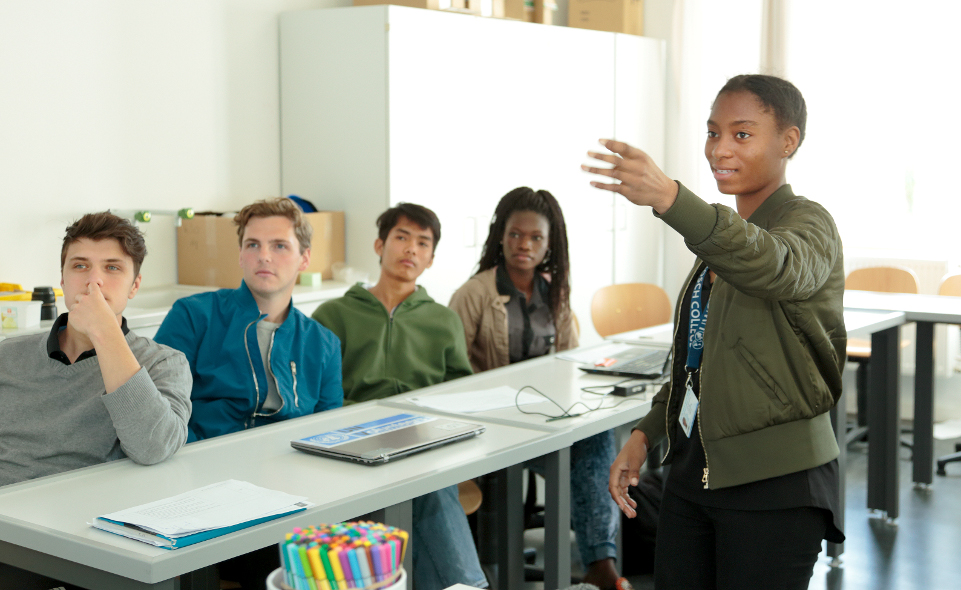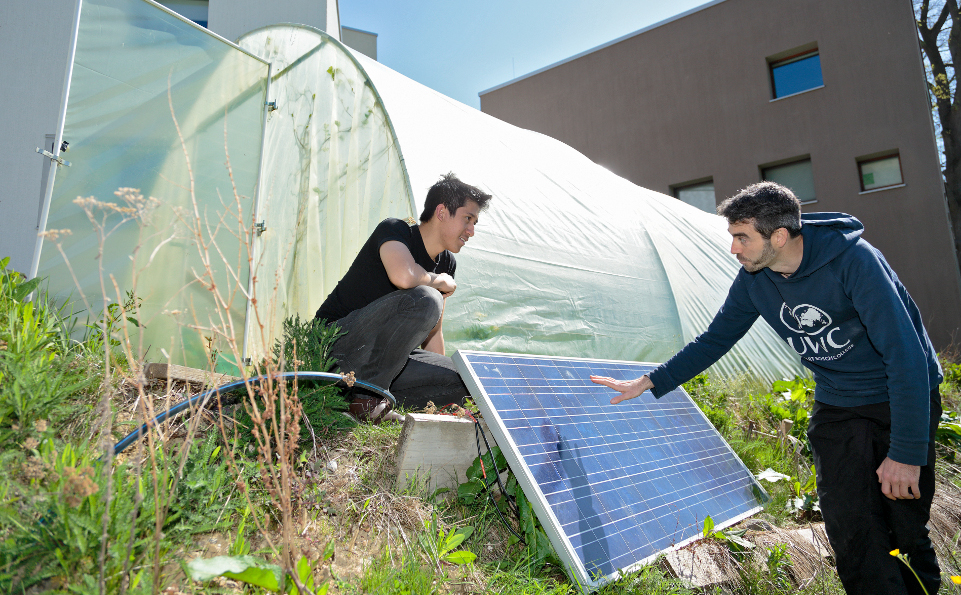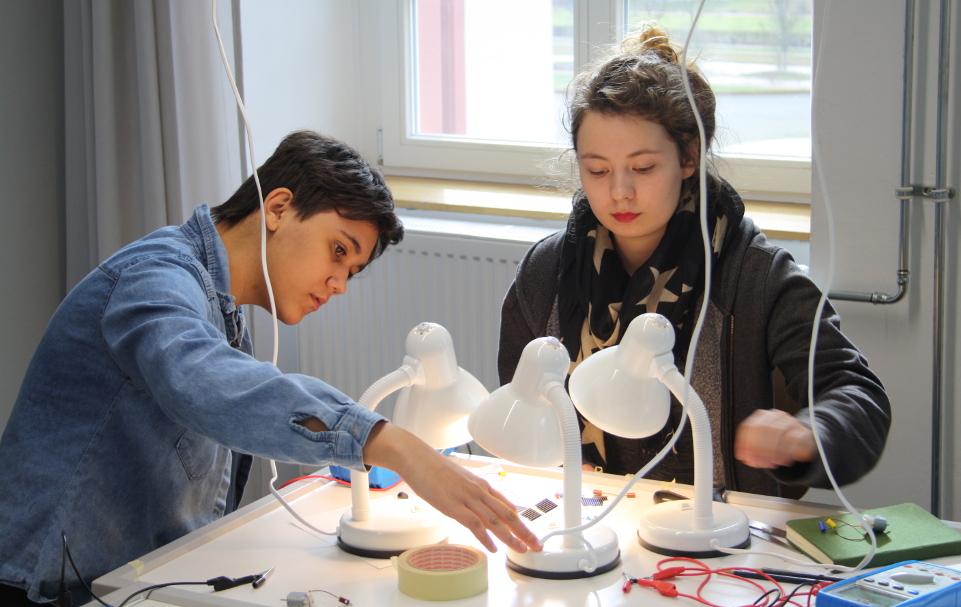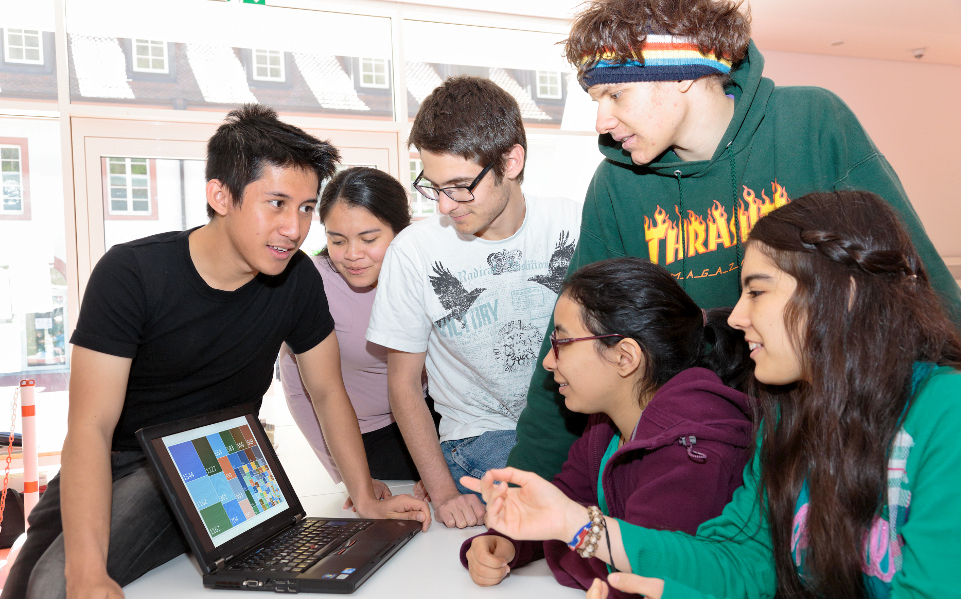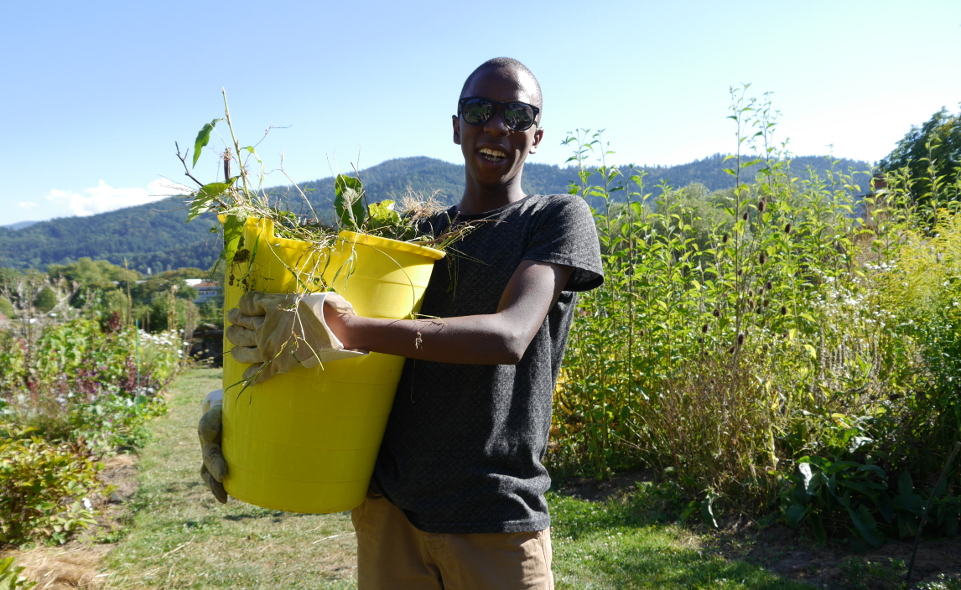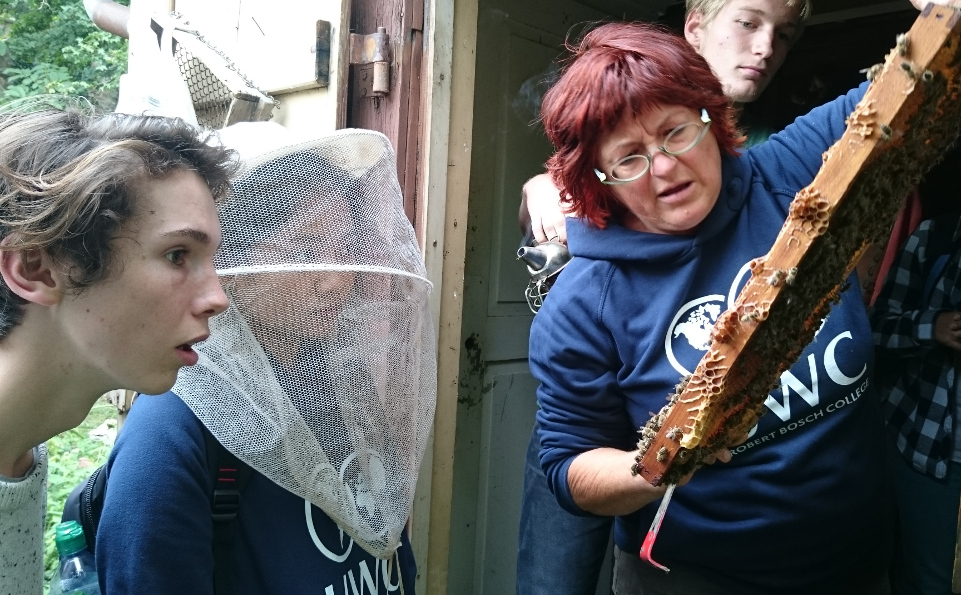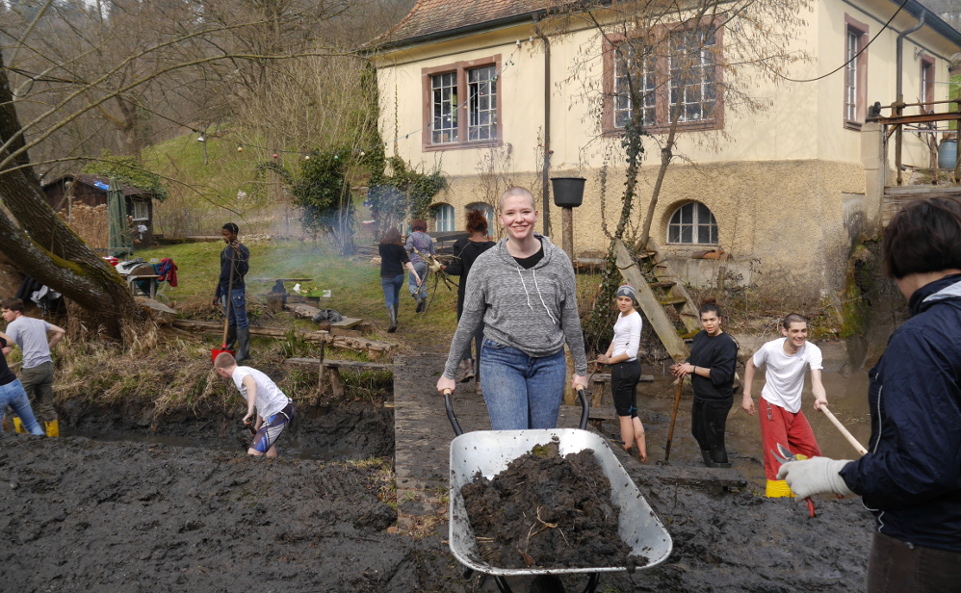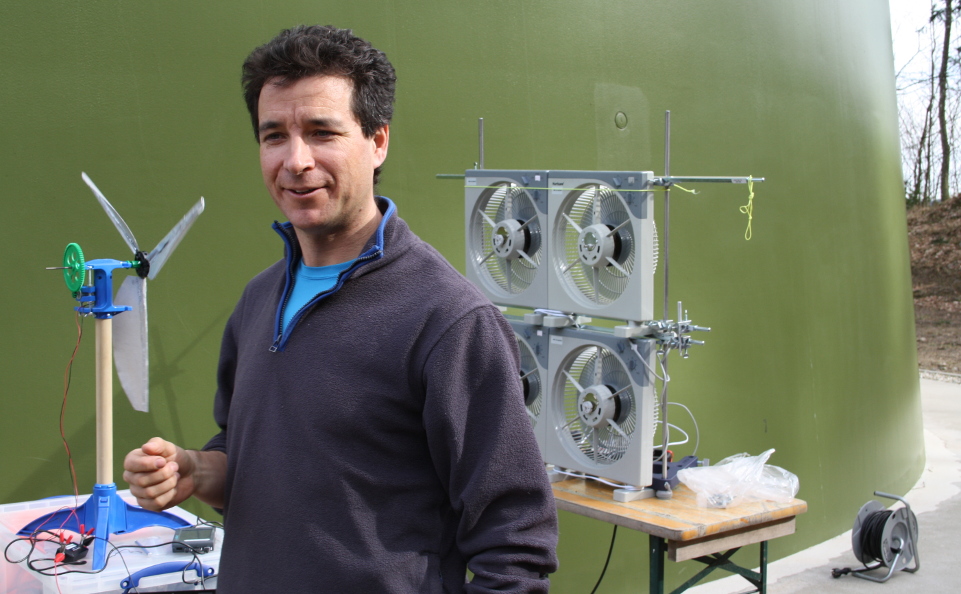DIVERSE, COMMITTED, MOTIVATED
The core of UWC’s education model: learning from and with each other.
Imagine students from 100 countries coming together at the same school, with different educational backgrounds and different ways and methods to learn. Speaking over 60 different languages, while the language in the classroom is English. Some arriving well equipped with good English language skills, others with none at all. How can this work?
The teachers and pedagogues working at UWC Robert Bosch College embrace this heterogeneity as a chance to encourage learning from one another and empowering students to become active agents in their own learning process and that of their peers
Our students and staff members describe what UWC and UWC Robert Bosch College means to them.
DIVERSITY AS CATALYST
UWC considers the heterogeneity of the students as an opportunity: individual autonomy in education is furthered when students themselves become teachers. Personal sense-making begins when young people start asking questions. A sense of community is shaped by a set of shared values – despite different backgrounds. Within their two years at UWC Robert Bosch College, the students study for the International Baccalaureate (IB) Diploma, an internationally well-recognized degree. However, education at UWC is much more than the content and the values provided by the IB. Based on the ideas of UWC founder Kurt Hahn, holistic education is defined as being of transformative nature. By meeting young adults from all over the world and through the intercultural exchange, students at UWC are taught to become empathic towards others and to overcome personal crisis by means of reflection. This enables them to become conscious of and reflect on their own values and assumptions, but also those of others – a process that can effect change in basic ideas and actions.
Our curriculum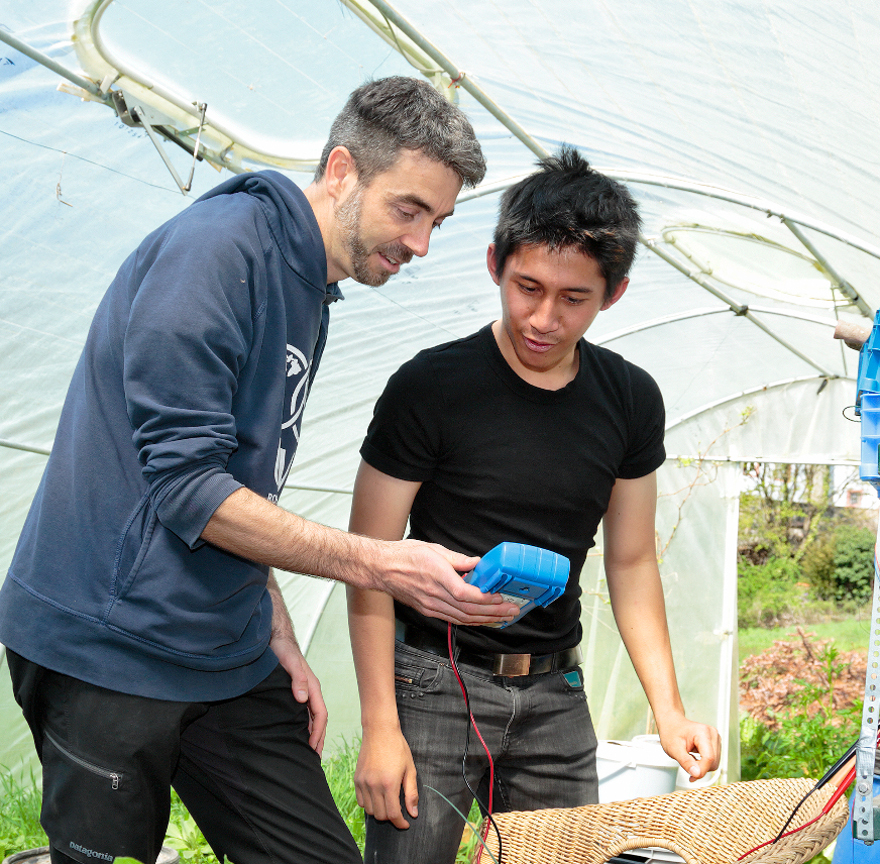
If we want to empower our students to create a sustainable future, we need to provide them with both information and inspiration. Information about the challenges our planet faces is important, students need to know what they are talking about, what kind of actions really make a difference, otherwise their actions become ineffective and tokenistic. But just as important as providing this information is providing inspiration – a love of nature, a positive experience of sustainable lifestyles, a sense that a better future is possible. Because hope is a stronger motivator than fear.
Tobi Kellner
Germany
Sustainability Coordinator
HOLISTIC EDUCATION IN PRACTICE
At UWC, academic learning is combined with experiences made through extracurricular activities. This type of holistic education supports a balanced development of human potential in an intellectual, emotional, asthetic, spiritual and physical regard.
Students’ creative skills, physical exercise and the way they deal with responsibility are specifically targeted by our CAS program (Creativity, Activity, Service). At UWC Robert Bosch College, we place a particular focus on the service aspect by fostering partnerships with local organizations or developing support projects on campus. Helping others, applying oneself to society and showing commitment are core ideas of our service program.
Learn more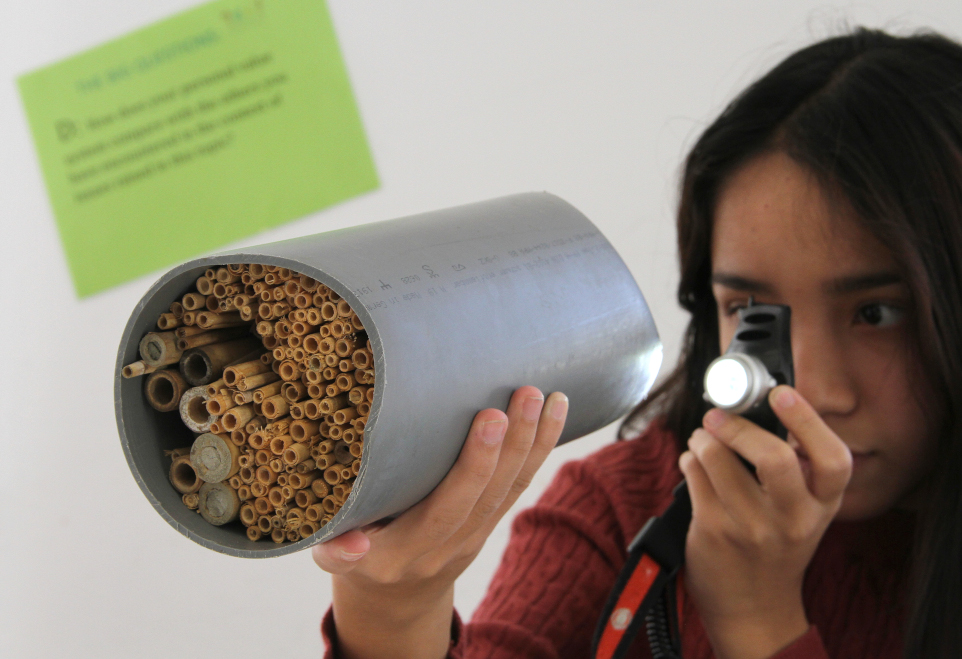
MAIN EMPHASIS: SUSTAINABILITY
Sustainability is the major focus of UWC Robert Bosch College and is integrated into the academic curriculum as a common theme. In the natural sciences, students analyze the connection between sustainability and technology, while Special Focus Days, CAS projects and subjects from a number of other groups look at the topic through different lenses. Moreover, the ‘green’ city of Freiburg is ideally suited to providing an inspiring and unique learning experience for students interested in and focusing on sustainability, environmental science and technology by offering a wide network of relevant partners, which inspire and enrich the work of our school.
